


We get your business up and moving. We are a passionate bunch of number crunchers /budget heads. Whether it be an entire overhaul of your accounting department, managing your payrolling, or simply serving you as a bookkeeper – we are here.
Previously, Sebi permitted asset management firms to charge mutual fund unitholders four additional types of expenses on top of the established TER limits.
An expense reimbursement ratio, or TER, is a percentage of a scheme’s corpus that a mutual fund house charges for administrative and management costs.
TER reflects the maximum expense ratio that an investor may be required to pay, and as such, it should include all expenses that may be billed to an investor, and the investor should not be charged any amount above the prescribed TER limits
Brokerage and transaction costs may be included within the TER limit, according to a proposal made by Sebi, noting the underlying principle that the TER should include all fees assessed to an investor. Additionally, all investment-related costs, including the STT (Securities Transaction Tax), should not exceed the TER limit.
Additionally, Sebi suggested that distributors may continue to receive additional commissions for incoming traffic from B30 cities. Only investments made at the industry level by new individual investors (new PAN) from B-30 cities may be paid to the distributors.
In order to encourage financial inclusion and encourage inflows from B-30 cities, Sebi advised AMCs to design their distribution commission policy with these goals in mind. Regarding this, AMCs may think about paying a higher percentage of commission for inflows from B-30 cities in comparison to top 30 city inflows.
Additionally, Sebi suggested that the provision allowing for the charging of an additional expense of 5 basis points for schemes with exit load provisions be discontinued. AMCs have been able to charge extra fees for more than ten years.
The proposed TER limits include all costs and expenses, including GST on management fees, brokerage and transaction costs, B-30 incentive, etc., and are set at the level of an AMC.
Sebi proposed revised TER slabs to ensure small players are not at a disadvantage and to promote competition among AMCs of all sizes, given that 20% of AMCs currently manage around 75% of the industry AUM and many small AMCs continue to be loss making entities.
The regulator has recommended that all costs be charged uniformly to investors of regular plan and direct plan, with the only costs that differ between the TER of regular plan and direct plan being those related to distribution commission.